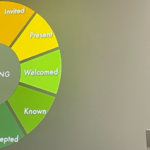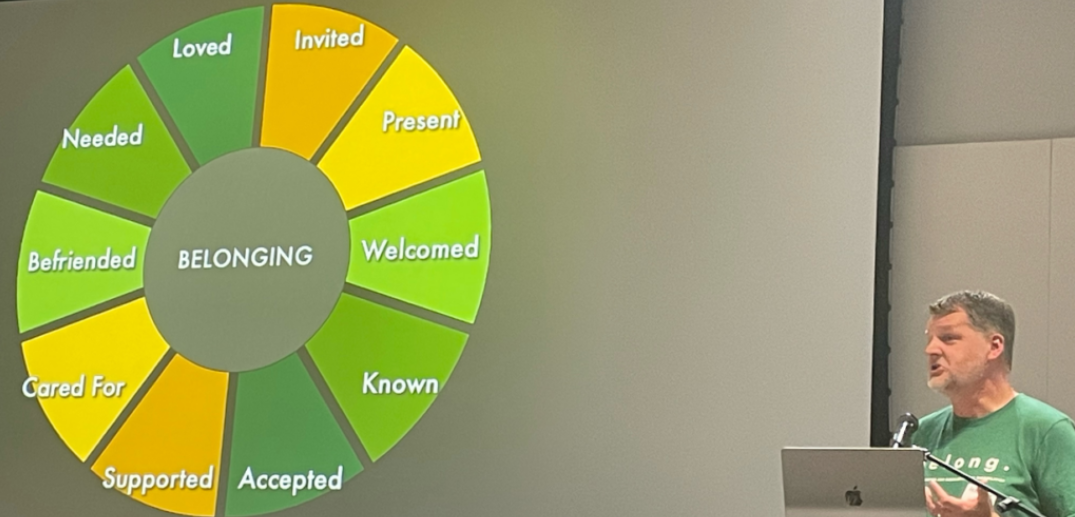As technology advances, artificial intelligence is becoming increasingly relevant in many fields, including pastoral ministry. Pastors can leverage AI with the assistance of the free AI content generator ChatGPT (chat.openai.com) to enhance their messages and potentially reach wider audiences while being mindful of ethical concerns.
The potential of AI in pastoral work
With an AI language model (like ChatGPT, Bard or Jasper), pastors can gain assistance in generating high-quality sermons, as well as other content that is engaging, inspiring and informative.
The content can be shared from the stage or on social media, posted on a church website or used in other ways to reach more people. It can also help you redeem time by assisting in creating, researching and editing the content quite quickly. This allows more time for ministry!
Reaching a wider audience with AI content
By utilizing high standards of search engine optimization, AI can help pastors reach a wider audience by making their content more accessible to those who might not have been reached otherwise, all by utilizing the power of Google. You can get help from AI for keyword research, titles, outlines and even real-world stories that will help get the attention of an audience.
Posted online, it can expand your reach to a greater community.
Saving time and energy with AI
AI can help pastors stay organized, complete research tasks for support material and stay on top of ministry tasks by automating certain administrative tasks and providing reminders.
AI can also automatically suggest how to improve and edit your content. Some AI even has the ability to rework content for better understanding or changing the tone. Don’t feel comfortable having AI generate full paragraphs of content? Get its assistance with outlining, alliteration and symmetry in your titles and subpoints.
Is it ethical to use AI content in pastoral work?
It’s essential to be cautious when creating and utilizing AI-generated content.
Ethical considerations must be taken into account, like ensuring the data used to train the AI algorithms is not biased and that the AI-generated content does not infringe on intellectual property rights.
You also need to use the same skepticism that you would with any online research content.
Additionally, it is crucial to be transparent about the use of AI-generated content and provide proper attribution of sources used. (Some AI apps provide a list of sources to help).
Ultimately, strive to use AI technology in ways that are both effective and ethical, avoiding any unintended negative consequences.
One note: Never use AI content unless it’s checked thoroughly for accuracy. AI does not have a belief system; it just “learns” from web content (which could be incorrect).
Maintaining human connection and empathy
Pastors should use AI as a tool to supplement their content, rather than as a replacement for it, as they make sure to maintain a human connection with their congregations.
Use AI as a research assistant to save you hours of preparation time so you have more time for interpersonal interactions.
Mitigating potential bias in AI algorithms
As pastors work with AI models that have been trained on a diverse range of data, pastors must check all AI-generated content against Scripture and beliefs.
By doing so, AI could become part of a new system of checks and challenges as you create content.
AI can be a valuable addition to any pastor’s ministry toolkit, helping him save time and energy while still ensuring that his message is effective, scriptural and engaging.
However, pastors must be mindful of the ethical implications of using AI and take steps to ensure that their use of the technology aligns with their values.
To read more articles from Mark MacDonald, click here.
EDITOR’S NOTE — Mark MacDonald is a communication pastor, speaker, consultant, bestselling author, church branding strategist for BeKnownforSomething.com and executive director of Center for Church Communication, empowering 10,000+ churches to become known for something relevant (a communication thread) throughout their ministries, websites, & social media. His book, Be Known for Something, is available at BeKnownBook.com.








